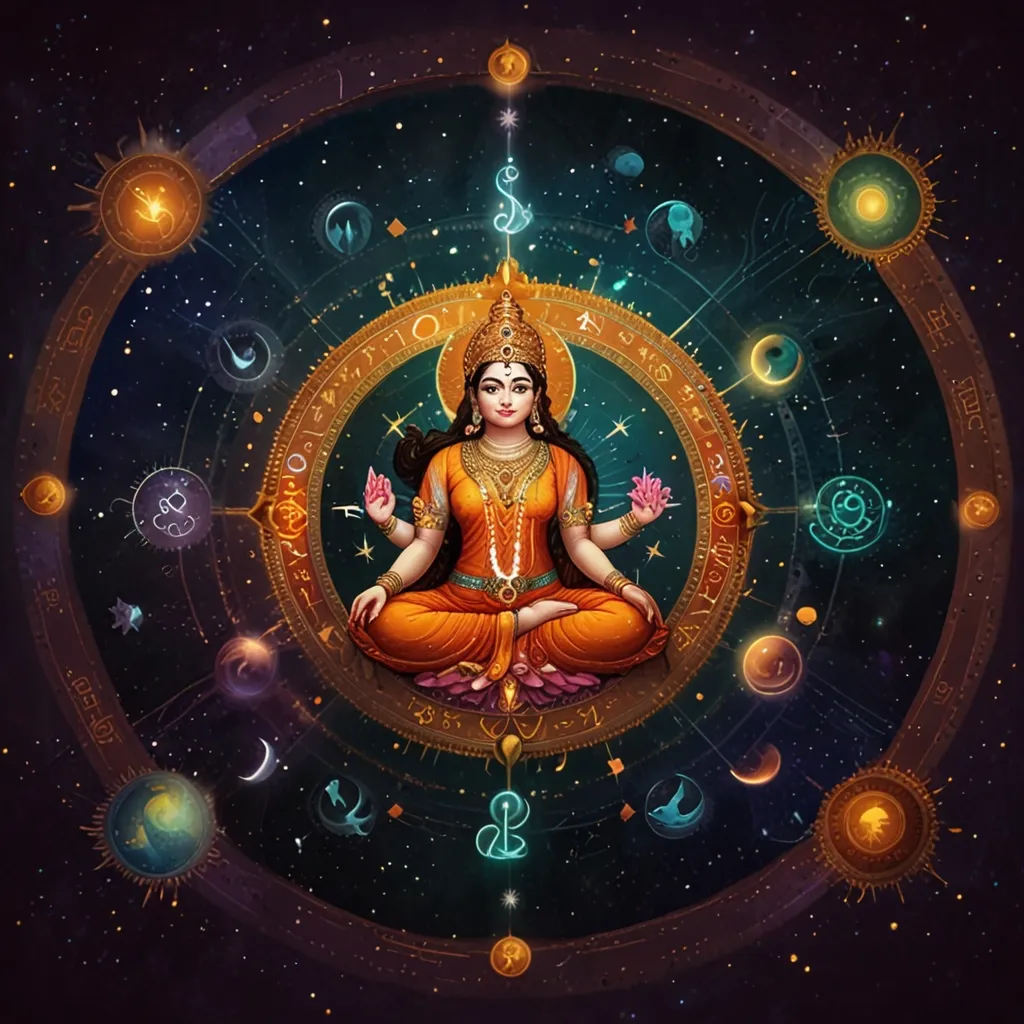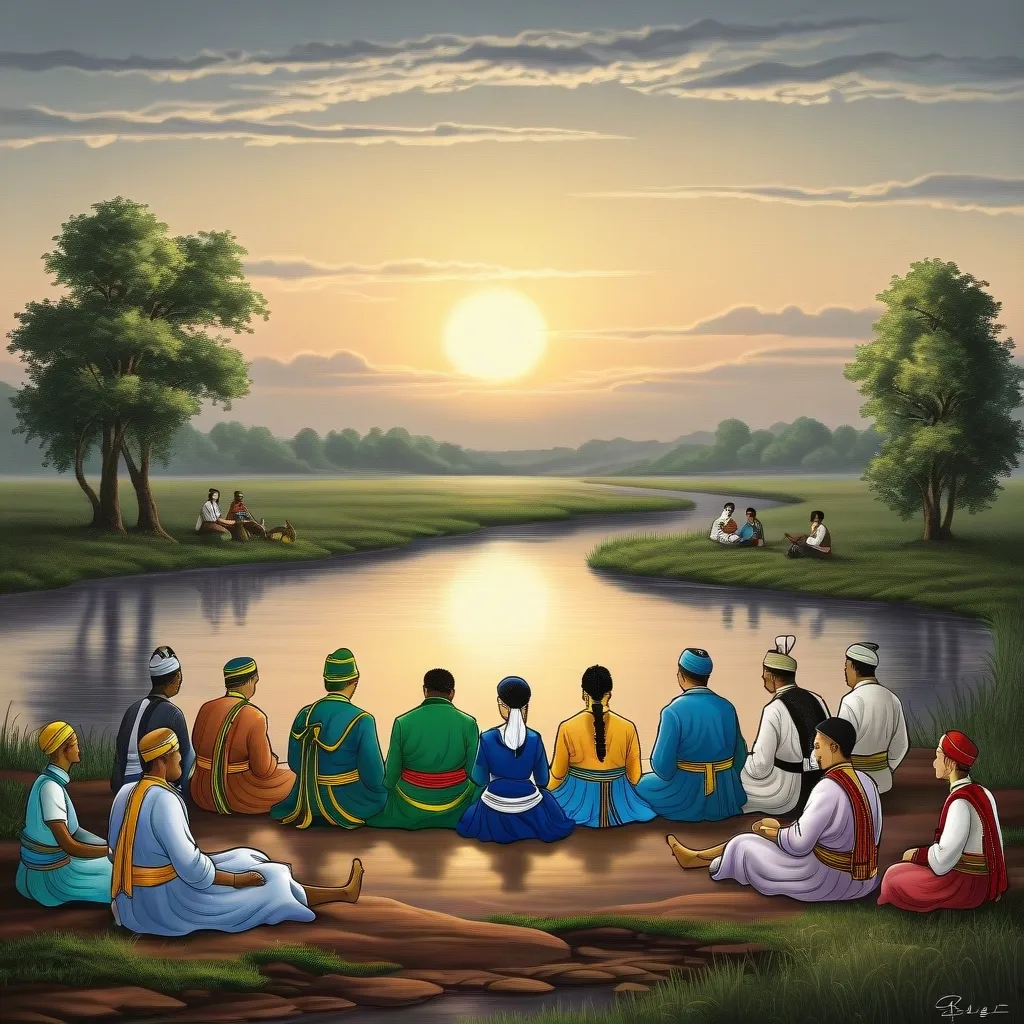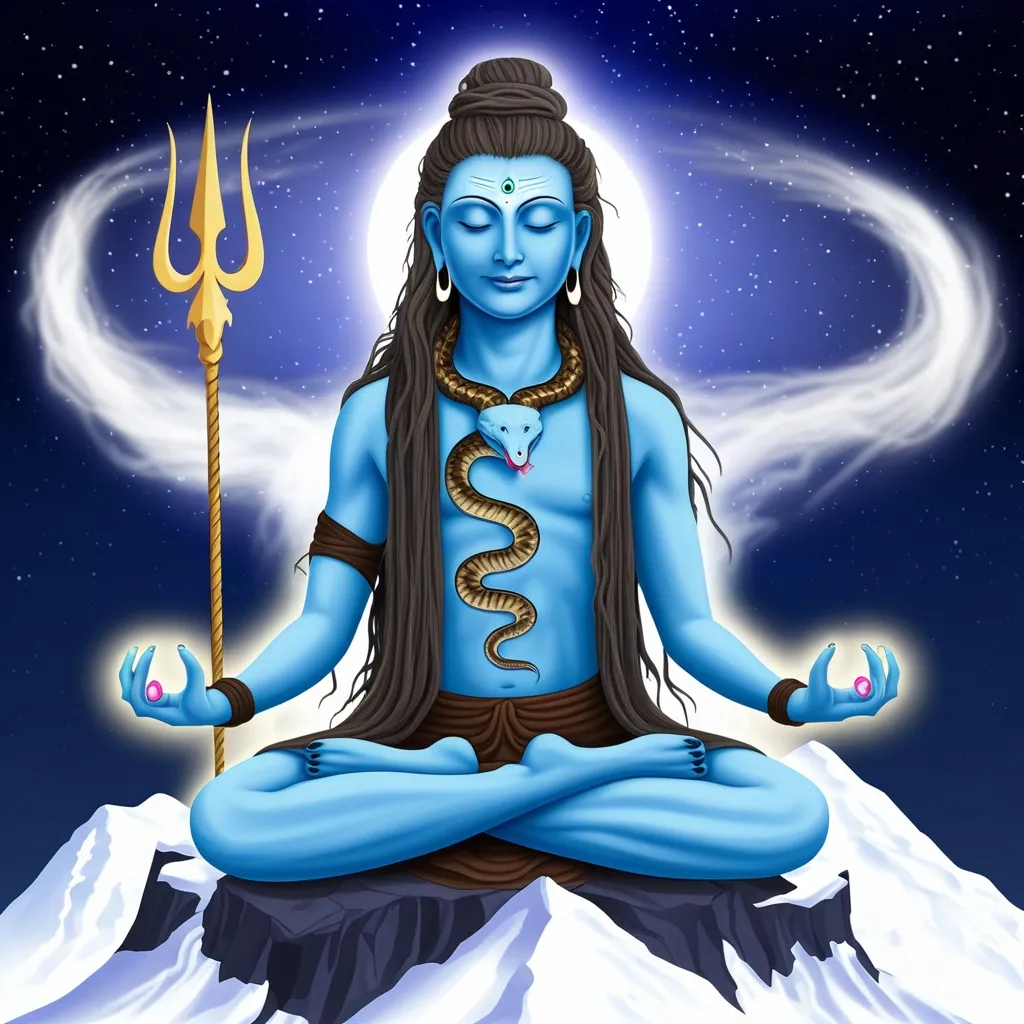Astrology, or Jyotish, is a big deal in Hindu culture. It’s all about getting insights into life and spiritual growth. This ancient practice, coming straight out of the Vedas, is considered the “science of light” and plays a huge part in Hindu beliefs and rituals. The idea is that stars and planets have a direct influence on our lives, helping us reach our spiritual goals.
In Hinduism, life is all about spiritual growth. Jyotish helps people understand their karma, which is the belief that every action and thought has a reaction. Jyotish maps out our karma by analyzing the celestial bodies, guiding us through life’s ups and downs. It’s not just about predicting the future but understanding our nature and destiny to hit the four main life goals: dharma, artha, kama, and moksha.
Dharma is about finding the right path for spiritual growth, which brings meaning to life. Artha is all about wealth and security, while kama is about joy and happiness. Moksha is the ultimate goal—freedom from the cycle of birth and death. Jyotish helps us align our actions with these goals, aiming for a balanced and fulfilling life.
The practice of Jyotish isn’t just a technical skill; it’s deeply spiritual. Those who practice Jyotish are expected to live honest, humble, and detached lives. They help others see life’s challenges as lessons rather than sources of misery, guiding them on their spiritual journey.
Jyotish has kept up with the times, adapting to modern life while holding onto its ancient wisdom. Today, it influences many areas, from personal relationships and careers to spiritual development and health. Many yoga centers and ashrams offer Jyotish services, and it’s promoted by organizations dedicated to Vedic astrology.
Be cautious, though. Some astrologers might take advantage of people by charging high fees. True Jyotish practitioners focus on devotion and faith, using astrology as a means to understand one’s growth and spiritual path.
In a nutshell, Jyotish is a powerful tool in Hinduism, providing guidance and wisdom for a fulfilling life. When practiced with integrity and devotion, it can lead individuals to their highest potential and spiritual liberation.






